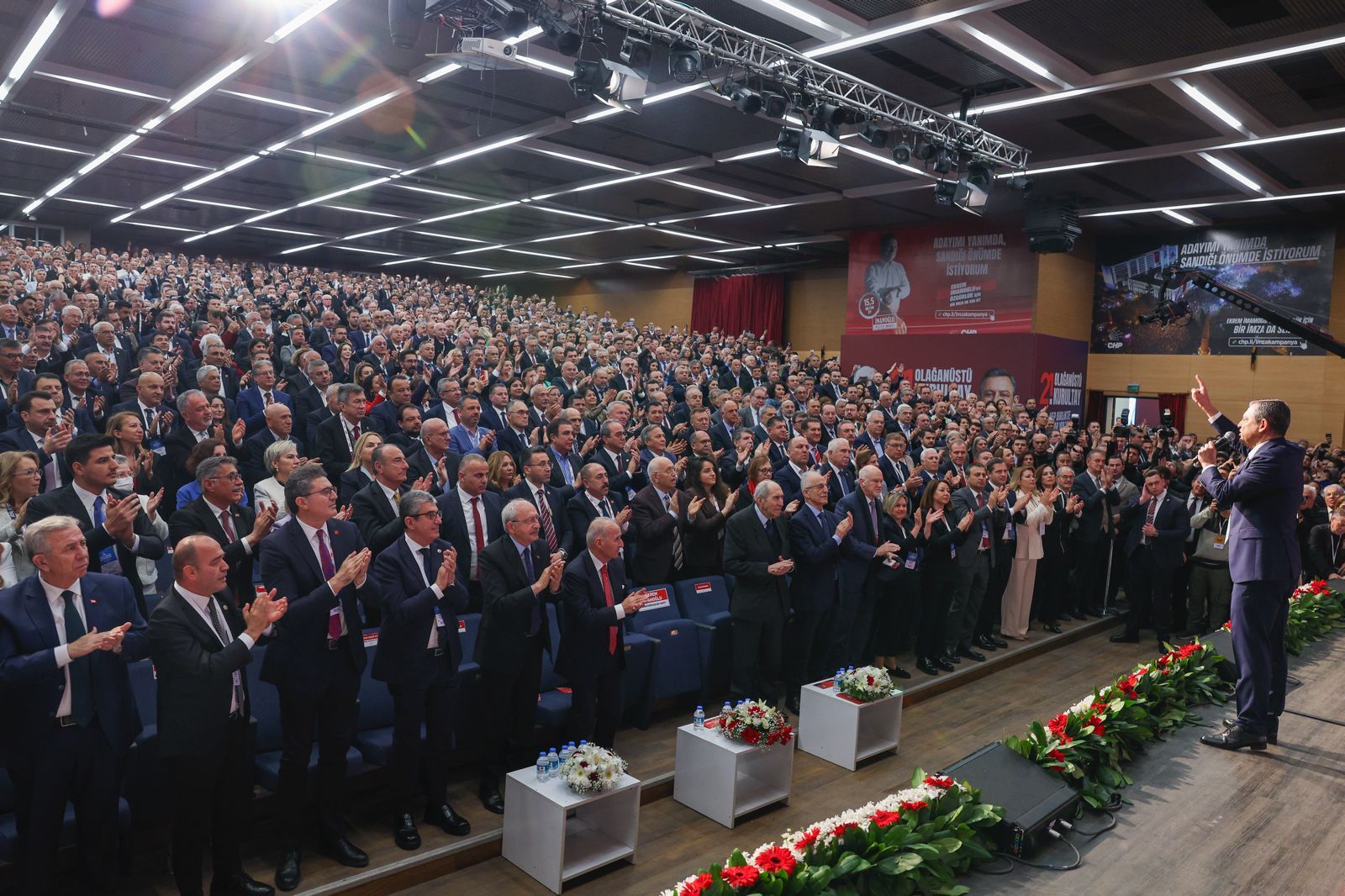The Weekly Turkey Report: 1st Week of April
Following the events after March 19, one could say that Turkey experienced one of its relatively calmest weeks. Overwhelmed by rapidly escalating street protests and boycott calls, President Erdoğan sought a solution by extending the three-day Eid holiday into a nine-day break. The extended holiday, which began on Friday, officially ended this past Monday.
However, the pressure did not subside. Actors who expressed support for boycott calls on social media were detained, had their accounts shut down, and were mostly punished with judicial control measures or travel bans.
Meanwhile, due to the government’s repressive policies, prisons have reportedly reached full capacity, prompting increased use of house arrest. Yet the rapid rise in such sentences has revealed a shortage of electronic ankle monitors used to track those under house arrest. In response, the regime has launched a new public tender to procure more.
The most significant domestic political development this week was the extraordinary congress held by the Republican People’s Party (CHP) to counter increasing talk of government-appointed trustees, sparked by controversies surrounding its previous congress.
Held under the slogan “The will belongs to the people,” the CHP congress featured a single candidate for party leadership—current chairman Özgür Özel—who was re-elected. Former leaders, including Kemal Kılıçdaroğlu, were also in attendance. In his speech, Özel stated that democratic values in Turkey have long been suspended and added, “Tayyip Erdoğan is no longer a president backed by public support. He has become the leader of a junta that uses the state against his rivals.” He argued that the ruling government fears elections, protests, and the public itself, declaring, “This government has lost all legitimacy.”
Özel also criticized both the British Labour Party and the European Union for their soft responses to the regime’s repression. In a joint statement with Socialist International Honorary President George Papandreou, he said:
“They slander people with no evidence, using secret witnesses. If someone elected three times by 16 million Istanbul residents is in prison, if you’ve already targeted the ballot box—first local, then national elections—and are undermining the concept of free and fair elections, you are not just staging a coup against the next president; you are eliminating your opponent. This is not merely a domestic matter.”
Among a week marked by boycott campaigns, detentions, arrests, and endless debate over a so-called peace process, another key development was the surprise reappearance of MHP leader Devlet Bahçeli, who had vanished from public view after undergoing heart valve surgery. Amid widespread speculation about his health, Bahçeli attended a memorial event for MHP’s founding leader Alparslan Türkeş. The day before, Bahçeli had written an op-ed in his party’s newspaper, scolding the Turkish opposition and lecturing them on how to be a “real national party.”
While domestic politics remain turbulent, the most striking developments came in the realm of foreign policy. Chief among them was the revelation that Erdoğan’s much-anticipated visit to the White House, expected later this month, has been postponed—at least for now. Turkish media reported that Foreign Minister Hakan Fidan had reached an agreement with his American counterpart, Rubio, during their meeting in Washington. However, Erdoğan later stated:
“As of now, no date has been set for the visit to the United States.”
Another major development was Israel’s direct challenge to Ankara in Syria and Turkey’s restrained response. For some time, pro-government Turkish media had been reporting on Ankara’s agreement with the Assad regime to take over Syrian military bases in Hama and Homs, install air defense systems, and provide training for the Syrian Air Force. Middle East Eye even claimed that Turkey had already dispatched equipment and experts to the region for this purpose.
In response, Israel—concerned that the power vacuum left by Iran was being filled by the radical Islamist Assad regime and Ankara’s Islamist government—launched a heavy aerial bombardment, leveling the bases and military installations near Damascus. Reports indicated that the equipment Turkey had sent was destroyed, and three engineers responsible for its deployment were killed. While Ankara has not officially commented on these claims, Israeli Military Radio described the strike as a clear message to Turkey. Israel’s Foreign Minister also warned Syrian President Ahmed al-Shaara against collaborating with Israel’s enemies.
Speaking to Reuters during the NATO summit in Brussels, Turkish Foreign Minister Hakan Fidan stated that Turkey does not want a confrontation with Israel.
